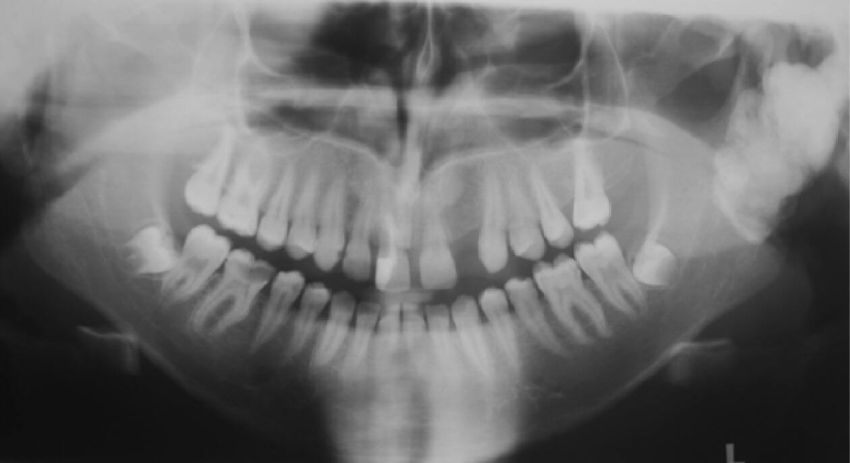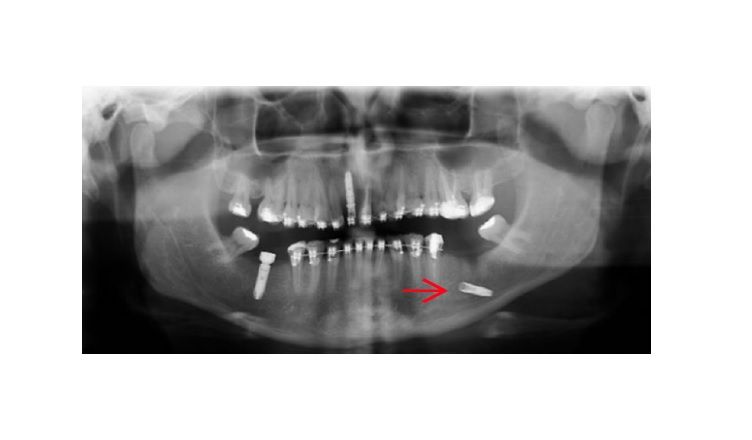Poles in fight against pandemic rate medics well
In the fight against the pandemic, it is the scientists who are the best-rated group in Poland. Behind them are health care workers. On health issues, on the other hand, 80% of respondents trust family more than doctors or nurses, according to a survey by sociologist Dr. hab. By Michal Wroblewski of UMK.
Survey as part of the project "Pandemic in the eyes of Poles. Social research on infectious disease perception, trust and risk" was conducted in November 2020. using the CATI (computer assisted telephone interview) technique on a representative sample of 1,000 people by age, gender and place of residence.
– Unexpected result of pandemic is increased interest in science. We all talk about data, exponential curves, viral proteins, vectors or mRNAs. We admire scientists and trust them more and more. This is also confirmed by research, which showed that scientists are the group best rated when it comes to fighting a pandemic (better than doctors, the government or local authorities). In addition, research comparing the attitudes of residents of different EU countries shows that Poles have more confidence in science and technology during the pandemic than before it erupted, although they remain more skeptical than residents of other European nations – said Dr. hab. Michal Wroblewski, professor at the Nicolaus Copernicus University in Torun and researcher at Lukasiewicz – Center for Technology Assessment.
In second place – in terms of evaluating the fight against pandemics – was health care. This was followed by the police, local authorities, sanitation, the media, the government and the Catholic Church.
Who Poles trust when it comes to health?
Surprising to Wroblewski were m.in. results on Poles' confidence in health. – Poles trust family and friends more than doctors on health issues. On the one hand, this is certainly an expression of the fact that Polish society highly values the family as a key value. On the other hand, it is quite worrying – medical expertise should be the main object of reference in making health decisions, and relying solely on unverified and non-evidence-based knowledge passed down through family or friends can have unpleasant consequences – indicated the researcher.
Statistics? We don't believe them
The author of the report was also surprised by the degree of distrust of statistics and infections. – We conducted our research at the peak of the autumn wave of illnesses, which brought a total of, counting from the so-called "pandemic", the number of people with the disease. Excess deaths, very high death toll. We closed 2020 with the highest number of deaths since World War II. Surprisingly, this has not actually triggered any clear public reaction. Disbelief in statistics may explain this to some extent – perhaps as a society we are unaware of the dimension of this tragedy and are trying to trivialize it by disbelieving official statistics, he assessed.
This is because almost every second respondent (45%) believes that statistics are rather overstated or inflated; 27% believe they are adequate, while 23% believe they are understated.
As for infection statistics – on the one hand, there are 35% who think they are underestimated, and on the other, 37% who think they are overestimated.
We fear a crisis and another pandemic
44% of respondents believe that, compared to other EU countries, Poland's health service was less well prepared to deal with the pandemic, while 40% believe the same. In the event of another pandemic, it will be prepared the same way (44% of respondents).
Among the threats to the country, Poles are most concerned about the economic crisis (68%) and another infectious disease pandemic (54%). When it comes to individual threats – they are more worried about getting cancer than an infectious disease.
Every second respondent believes that the media tends to exaggerate the risks of epidemics.
Poles identify the restriction of international travel and the order to wear masks as the most reasonable restrictions introduced during the pandemic. Least approval was given to banning access to parks and forests and restricting travel between cities.
In addition to Wróblewski, the authors of the described report are Andrzej Meler, M.Sc. (UMK), and Ph. Lukasz Afeltowicz (AGH). Dr. Wroblewski, along with a team from Lukasiewicz – Center for Technology Assessment, would also like to conduct research on the vaccination process – looking at how the program works, its strengths and weaknesses, and how it can be improved in the future (e.g. with the sometimes mentioned possibility or necessity of a third vaccination dose).



